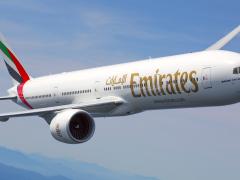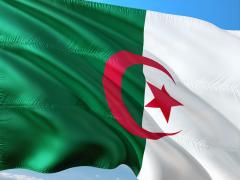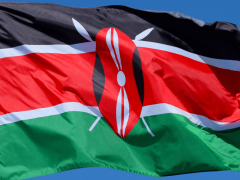Travel experts have voiced concerns that the monopolisation of Hajj travel services in South Africa could reduce choice, compromise competition and hike the prices of pilgrimages.
In July, the South African Hajj and Umrah Council (SAHUC) announced that a new directive from Saudi Arabia’s Ministry of Hajj and Umrah would exclude the traditional model of using licensed local tour operators to book pilgrimages for South Africans from 2026, as reported by Travel News.
In statement on August 4, SAHUC clarified that appointed Saudi service providers would assume the role traditionally held by South African operators and submit Hajj package pricing to SAHUC, which it would sell directly to pilgrims.
In response, pilgrims swarmed media platforms expressing fears that the new system would reduce the personalised quality of the experience and inflate prices.
Inflated prices
“The concerns of pilgrims is a valid one,” Irshad Malek, CEO of World of Travel, told Travel News.
“The new operation and prices of packages will be determined by foreign operators who are completely naive of the standards of the South African pilgrims with respect to comforts and services. These comforts and efficiency in the level of services have been provided by professional local travel agents, and hence South African pilgrims have become accustomed to those levels of services.”
Despite SAHUC’s attempt to reassure pilgrims in statements and on interviews with Radio Islam International, the association stated that it would charge a service commission of up to 10% to cover its expenses.
According to Malek, an average Hajj package is sold for about R100 000, which would amount to a R10 000 commission for SAHUC. Additionally, pilgrims have to pay a registration fee of R300 per person and a service fee of R2 500 per person.
“The commission is far more than what a travel agent would have earned in the past,” said Malek.
“This is clearly indicative of the exorbitant prices that will emerge. Additionally, the local South African agent will be replaced by a foreign service provider who will also add their mark-up. This is a no-brainer indicator that packages will be much more expensive than in the past.”
Unilateral decision-making
SAHUC is currently under fire from local operators as they accuse the regulatory association of not including them in the decision-making process of how to implement directives issued by the Saudi Arabian Ministry of Hajj and Umrah.
“I believe a better approach should have been taken by SAHUC to be more transparent and inclusive in this decision to create a more harmonious Hajj industry where all stakeholders could contribute,” Imraan Saban, travel consultant at FlyWell Cape Town, told Travel News.
The industry has raised concerns about how SAHUC, as the South African Hajj regulator, has named itself as the sole operator, with no overwatch. In response SAHUC has committed to establishing independent channels to handle Hajj-related complaints and mediation.
The end of an industry
The new system compromised an industry that has approximately 30 travel agencies and tour operators and at least 500 jobs, said Malek.
“This goes against the grain of the South African constitution of increasing opportunities of employment.
“There will be no personal touch or emotional support to the pilgrim whilst abroad, especially at moments of distress in the loss of life or in the case of sickness. Traditional operators work in service to the communities of South Africa to make their spiritual journeys a lasting memory as Hajj is a once-in-a-lifetime experience.”













